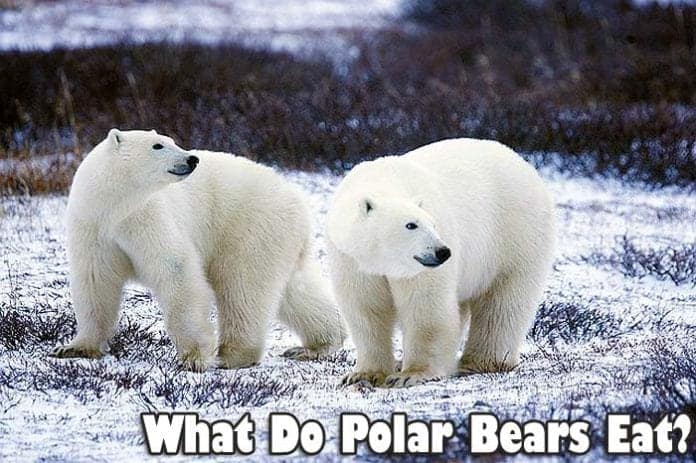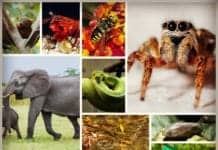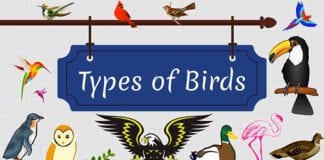What Do Polar Bears Eat? Polar bears are magnificent creatures of the far north and are often termed as sea bears. They are considered to be the world’s biggest terrestrial carnivores , with the male polar bears being larger compared to their female counterparts.
These majestic creatures’ prey on ringed and bearded seals animals narwhals , walruses bowhead whale , depending on their availability.
What Do Polar Bears Eat? Kingdom Order Family Genus Species Animalia Carnivora Ursidae Ursus Ursus maritimus
ringed seals . They also consume the bearded seals , birds’ eggs walruses , and whale carcasses .
Polar bears are classified under the genus Ursus . Different bear species are classified under this genus as well, and they include the grizzly bears, sun bears, Asiatic black bears, sloth bears, and the American bears. These bear species are differentiated by their coloration, habitats, size, and build. No information is available about any types of polar bears that exist. As their name suggests, polar bears are found in the polar regions. The most significant habitats where the polar bears are likely to be found are the ice pack edges, especially those aligned in areas where the wind and currents interact. These regions result in the creation of ice patches in the ocean. These habitats are instrumental because they provide the perfect locations where the polar bears can find seals (their prey).
How Do Polar Bears Hunt?
One method they use is still hunting. In this method, the polar bear stays motionless beside a breathing hole in anticipation of prey (seal). When a seal emerges, the bear attacks it by biting its head or the upper body and then flips the seal on the ice and proceeds to eat it. The other strategy requires the polar bear stalking its prey. Upon spotting its prey, the polar bear attacks, and further grabs, then uses its claws and teeth. The third method used by polar bears to hunt is referred to as the aquatic stalk. The polar bear swims towards a seal (preferable delicacy), and upon reaching the ice edge, it quickly emerges from the water and proceeds to grab its prey using its claws and teeth. The last strategy used by the polar bear is stalking the breeding habitats (birth lairs) of the ringed seals. When the polar bear spots a birth lair, and if it can tell through its sense of smell that a seal is present in the lair (den or resting place), it attempts to crash and break through the roof of the burrow. Female polar bears with young cubs use this hunting, and the intent of attacking mother seals and their young ones is because of their high-fat content.
When Do Polar Bears Eat?
The bears put on fat reserves when there is plenty of food, and this happens between late April and mid of July. These fat reserves sustain them during the harsh food-free season. When there is food scarcity, they do not eat, and these periods can last for three to four months or even longer for the polar bears in Canada’s Hudson Bay.
How Often Do Polar Bears Eat?
What Eats Polar Bears? Adult polar bears are at the top of the food chain the arctic ecosystem. This implies they have no natural predators except for other polar bears and at times humans.
Wolves
Where do Polar Bears fit in the Animal Food Chain?
Polar bears are at the apex of the food chain, and they indicate the health of the ecosystem. They are large carnivores, which feed on different kinds of animals which includes the various seal species, thus preventing overpopulation of these organisms.
Cite This Page Key References “Polar Bear | National Wildlife Federation” . Accessed June 21, 2019. Link .“Taxonomy” . Accessed June 21, 2019. Link .“Polar Bear | Defenders of Wildlife” . Accessed June 21, 2019. Link .“All About Polar Bears – Diet & Eating Habits | SeaWorld Parks & Entertainment” . Accessed June 21, 2019. Link .“Polar bear diet | WWF Arctic” . Accessed June 21, 2019. Link .“Polar Bears Hunting and Predators – Polar Bears International” . Accessed June 21, 2019. Link .























